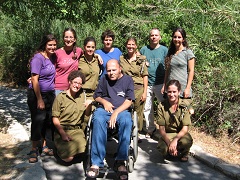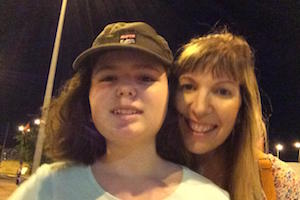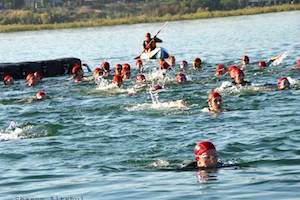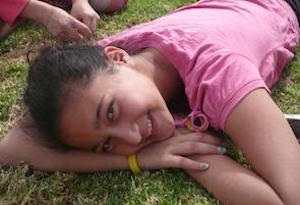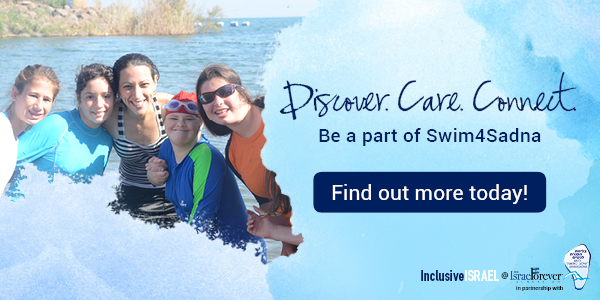Accomodation vs Inclusion: How Israel is Unique
By Rachel Moore
What is the difference between accommodation and inclusion?
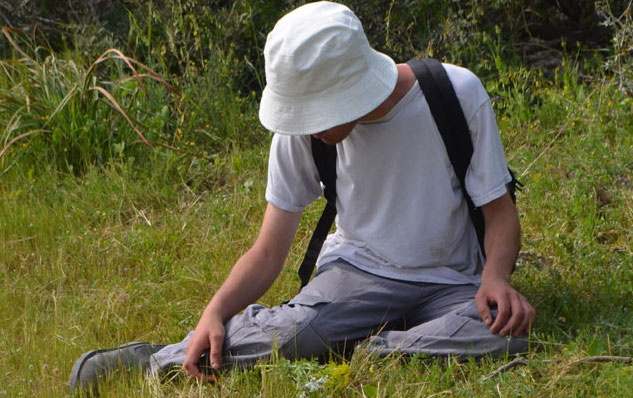
Every community has children that are categorized as “special needs”. Different countries, different cultures, different regions approach how to meet those special needs in their own way.
The approach at Sadna Shiluv in Gush Etzion, where I live, epitomizes so much of what I love about Israel and why I believe we are such a beautiful and unique nation.
The models of special-needs education that are the global norm involve isolation students in their younger years in order to “accomodate” their needs, and then later integrating them into society wherever and whenever possible.
Sadnat Shiluv, a project of the Municipality of Gush Etzion, takes the opposite approach. Many families have moved from all over Israel so that their children could attend the Sadna.
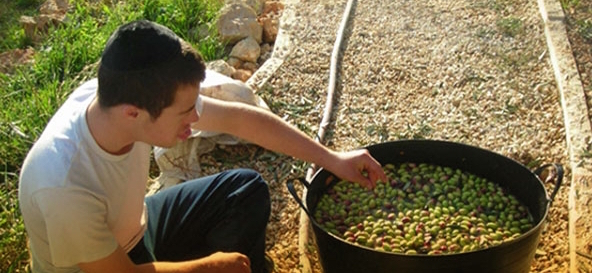
Reishit is a fully integrated elementary school in Rosh Tzurim that has a number of special-needs students in each class. They are tasked with learning to the best of their ability and are given resources to help them.
Some of the students who “graduate” Sadna Shiluv are able to be integrated into other frameworks; others remain in the Sadna Shiluv framework throughout their lives. But by this point, they already have friends. They know how to interact with others.
The upper-education program extends beyond high school to include young adults who live in a communal living environment in the Gvaot community with counselors and a community that has been built up around them. Students learn as many skills for independent (or semi-independent) living as possible. This includes shopping, cooking, laundry, etc.
They are never alone, they are not isolated.
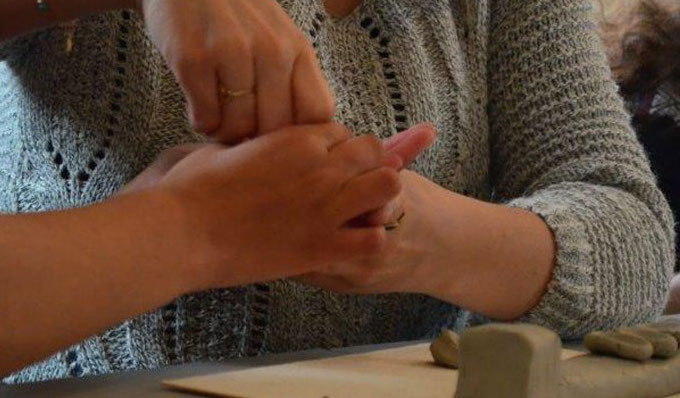
In contrast, the Sadna is an integral working part of their community and their students feel more than wanted and needed by the community; they are the community.
The students play an active role in caring for the animals of the yishuv including therapeutic horseback riding and goat shepherding. There are also workshops in cheese and yogurt making, cooking, photography, drama, music and carpentry.
Vivienne Glaser’s son Elchi lives at the Sadna. She tell me "It's heartbreaking to know that you can't protect your child from coming to the realization that they are different; that they have challenges. And everyone wants her son or daughter to be loved, to have friends. Sadna has given my son such a rich education, but so much more than that - they have given him a full heart, and a belief that people are good and kind. I believe that Sadna has set a standard for what should be the norm in special education throughout the rest of the country."
What is so very Israeli about this approach?
Firstly, the integration in the lower grades is about helping special needs’ students integrate, without question. But only in part. It’s really about helping everyone else in their community!
Students are conditioned at the earliest stages to be open to, befriend and love peers that are radically different than they are. Imagine a world where we all learn sensitivity in word and deed to students with challenges because it is simply our “normal”. Imagine a world where every second grader wakes up appreciative of their health, their mind, their ability to function because the spend every day intimately aware of the limitations of others.
The community of Gush Etzion has made a decision, as parents, as people, as a municipality, that the quality of life, education and experience of special needs’ students is a communal responsibility. And that the response to people who are “different” is to put them right in the middle of things. To approach discomfort by forcing each other to adjust. To face the different and strange with openness and love.
Why? Because Gush Etzion views itself as one family; views Israel as one large family. Family doesn’t put members in a closet to make their own lives easier, and families love all of their members, finding the best in each other and helping each other grow.
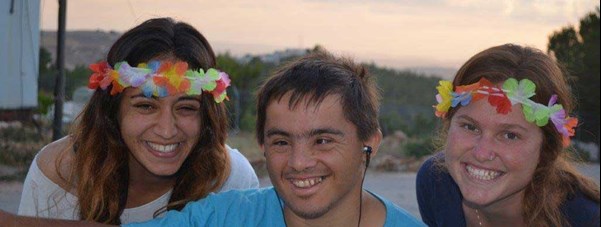
Secondly, The Sadna’s guiding principle is that a person is not defined by his needs, but rather by his/her ability to contribute. This principle is applied daily in learning, social activities and work that benefits the whole community. It is this principle that leads to a tremendous change in behavior; they gain so much independence and self-confidence.
Yet this is really the guiding principle that has caused Israel to become Start Up Nation and to succeed so miraculously beyond our years. Israelis live with a consciousness of how can we fill needs, care for others, invent new ways to improve the world. We ask “how can we add value”. Knowing from our history that we cannot rely on the world to take care of us, we ask what we can do for ourselves and how.
The Sadna is just a microcosm of this extremely Israeli approach. Which is why it succeeds and why it makes me so personally proud.
For more information about Sadnat Shiluv and their upcoming fundraising event, click HERE.
Recommended for you:
SUPPORT INCLUSIVITY IN ISRAEL WITH SWIM4SADNA
Learn More about Swim4Sadna
About the Author



